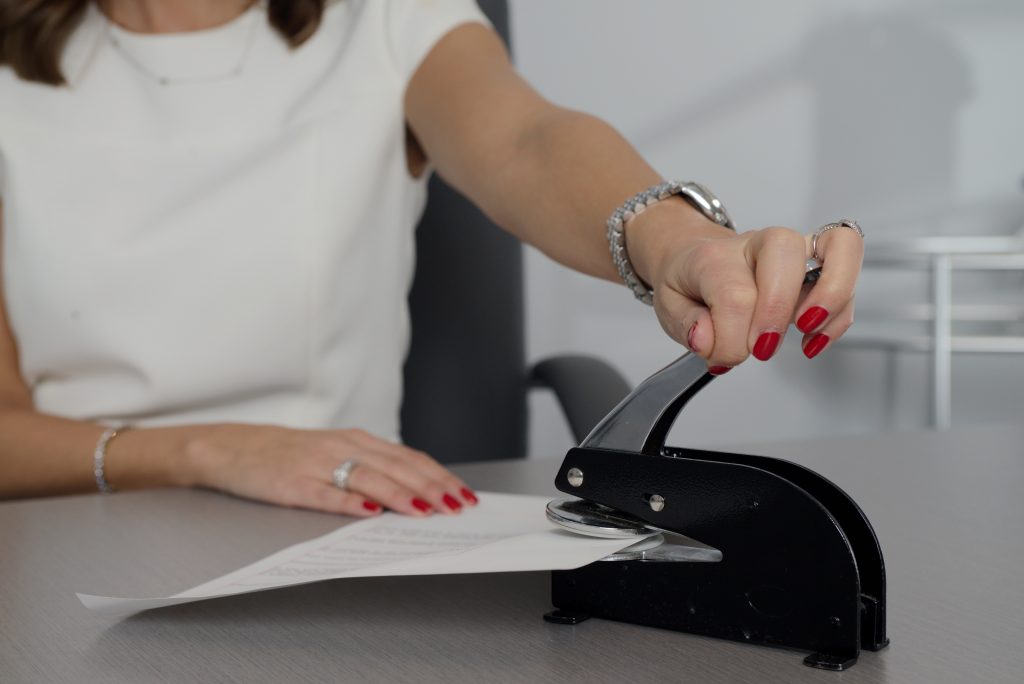There are various ways you can trade and do business in Italy and each of the setup carries pros and cons. The easiest form is normally the self-employed or freelancer position; however this does not screen the trader from unlimited liability in case of bankruptcy or any mishappenings incurred during the trade.
The limited liability concept is a cornerstone in Western societies, and it contributed to the economic growth seen in recent years. If the entrepreneur can shield his assets from the company’s liabilities, it is more likely the company can grow faster.
Having said so, let’s find out how to incorporate your company in Italy.

Table of Contents
ToggleCompany incorporation process
The company incorporation requires a notary deed, therefore the shareholder(s) and the managing director(s) need to witness the deed in which they will sign the memorandum of incorporation and the articles of incorporation.
The first document is a minute of the meeting in which the notary writes down the main information about the individual present and the intent to form company; the latter document is more relevant as it provides
Note that whenever you want to change the articles of incorporation, you are required to call an Extraordinary General Meeting and the meeting has to be signed by a notary, thus incurring additional costs. It is therefore crucial to be properly assisted in the drafting of the articles of incorporation as it saves money (and time) down the road.
Who can be a shareholder or a managing director of an Italian company? The answer is more complicated than you think. Any Italian citizen or Italian resident can own a share in Italian any company, the right is also extended to any resident of Italy (temporarily or long term), however what about non residents?
In this case it is more complicated. The crucial point is to determine whether the foreign citizen is protected by an Investment Protection Treaty signed with Italy, granting the right to foreign citizens to own shares of Italian companies (and vice versa).
For example, a US citizen can own shares in an Italian company without being resident.
In order to setup the company the notary needs the following information:
- Each shareholder’s general information including the Codice Fiscale
- Each director’s Codice Fiscale
- Company’s partita IVA
- Certified Email Address (PEC)
- Registered address
- Paid up capital
- Company’s duration
- Company’s form of administration
Power of attorney
In order to witness a notary deed you are required to be present and to have a basic understanding of Italian. If you don’t speak the language, you can be assisted by a translator during the deed, alternatively you can provide a trusted attorney (doesn’t necessarily need to be a lawyer) who can witness the company incorporation deed on your behalf, as well as sign papers for you.
The power of attorney procedure can be completed in Italy or abroad, in the latter case, the power of attorney needs to be notarized and apostilled prior to being used in Italy.
Company’s followup activities
Once the notary has registered the company at the local chamber of commerce, your company is live and you will receive a Visura which is a company certificate of incorporation. The Visura includes further information regarding the business and the company
Based on the company’s activity, it might be required to obtain a certain permit to start trading (from local or national authorities); think about commerce activities, or public transportation businesses. They both require permits to operate.
Once this happens, you can inform the chamber of commerce about this and the company is finally active and you can run your business!






